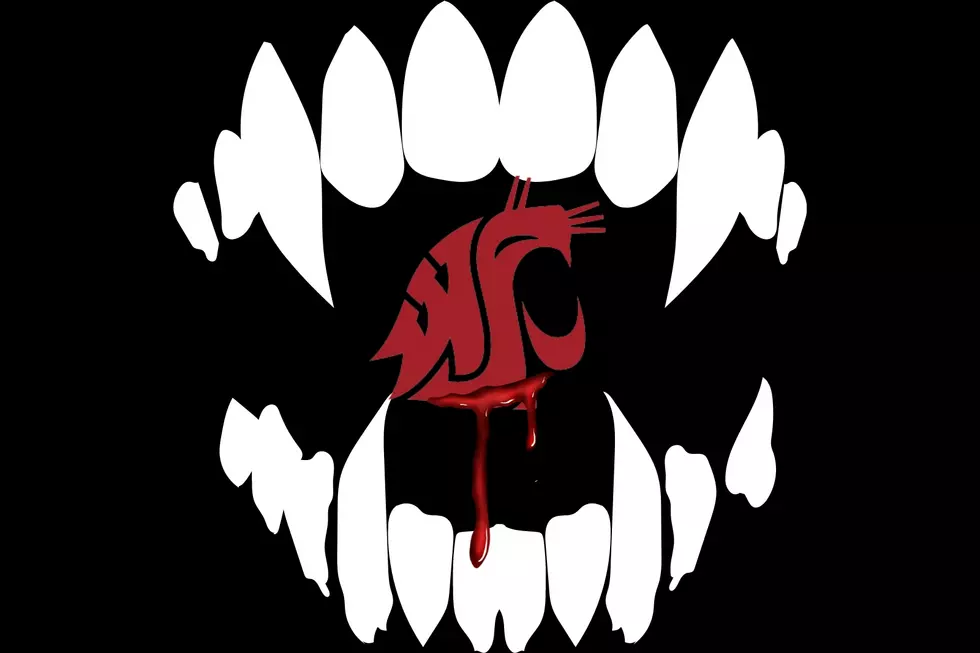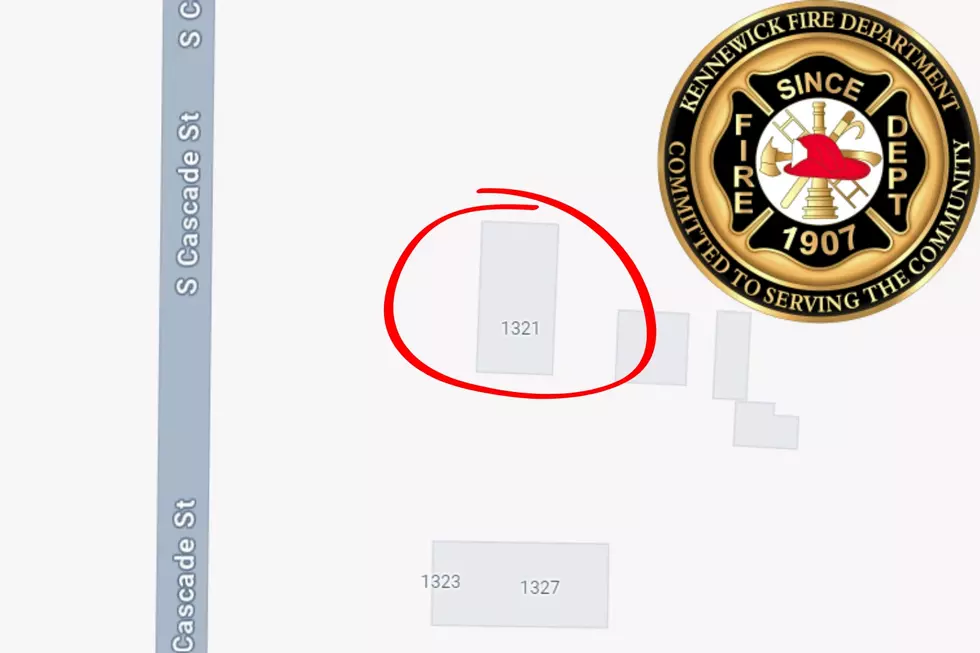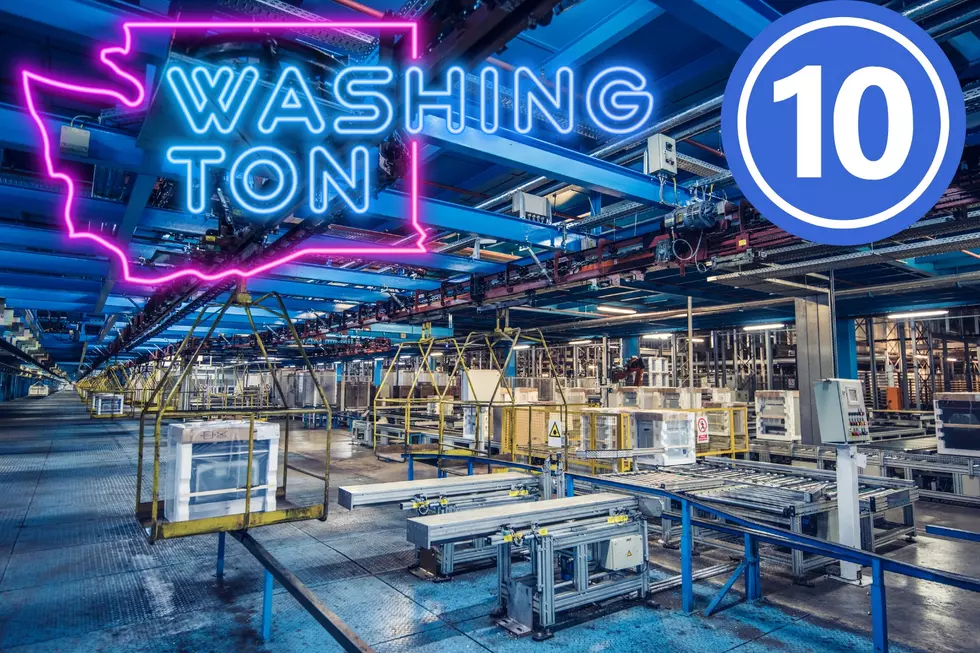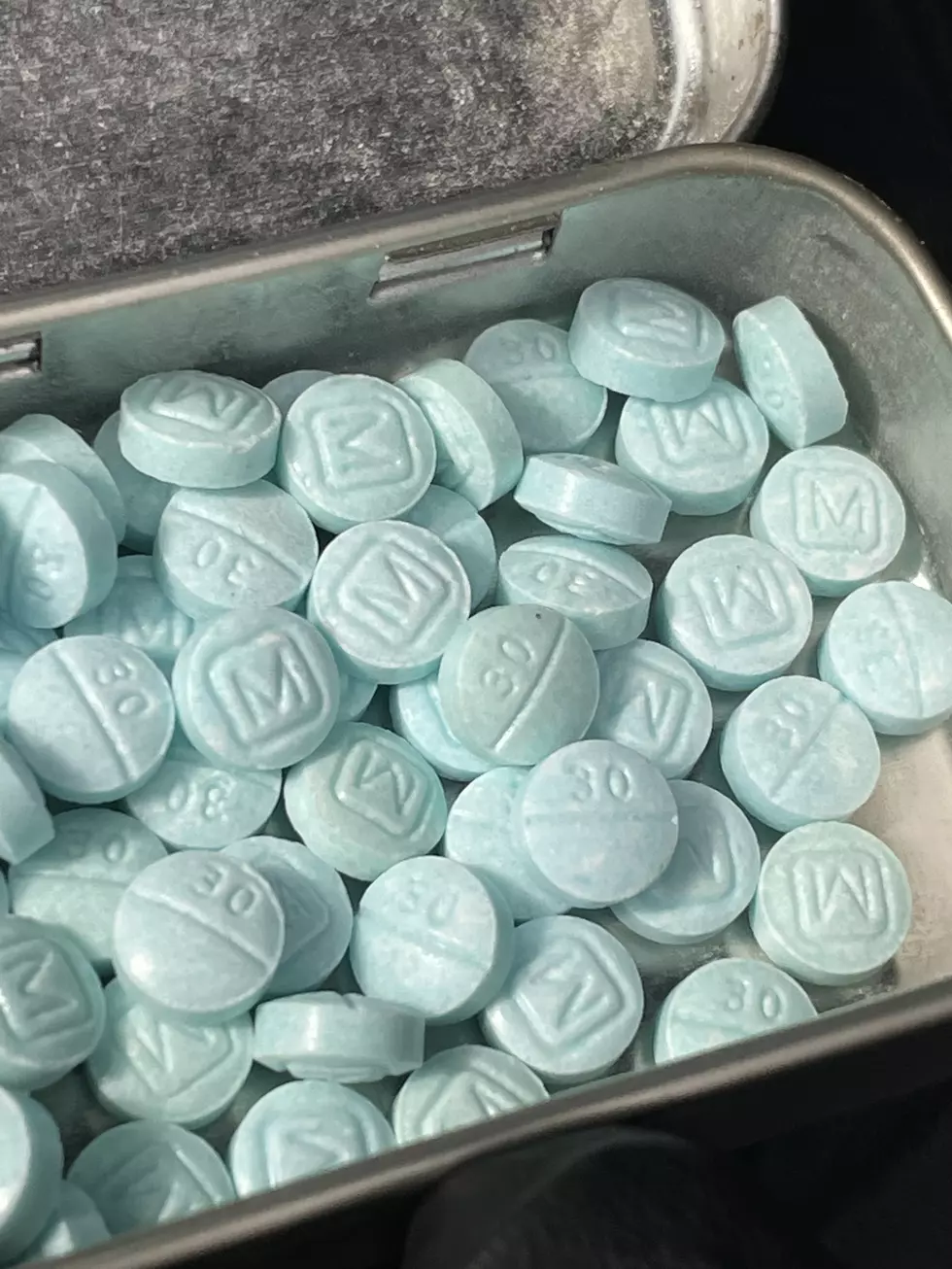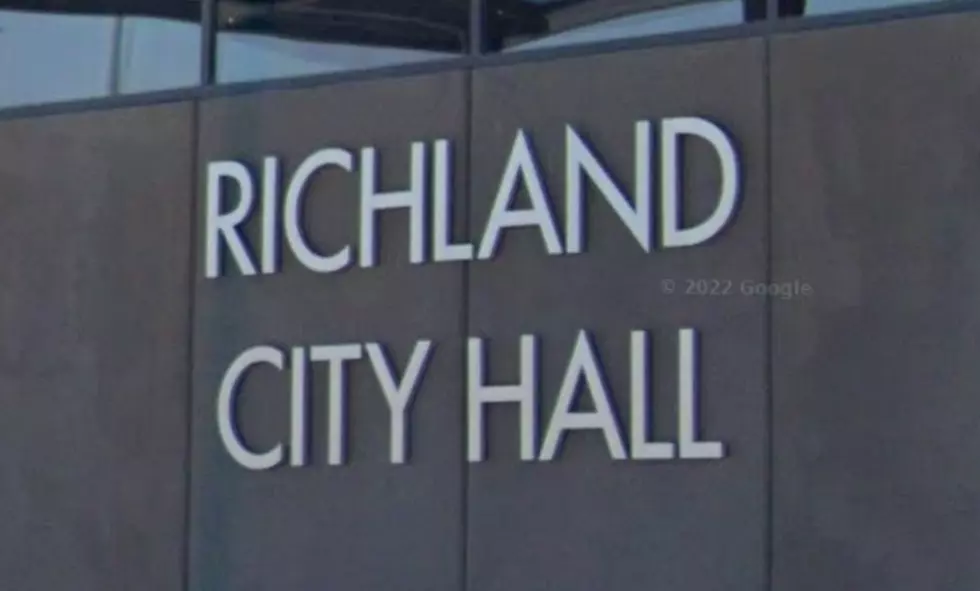
Big Soda Giving Big Money to Prohibit Local Grocery Taxes
SEATTLE – Big soda companies are all-in on a measure that would ban future soda taxes such as the one Seattle passed last year.
Washingtonians will decide in November on Initiative 1634, which would prohibit local governments from imposing any new taxes on grocery items.
Seattle's tax would be grandfathered in.
Coca-Cola has contributed nearly $3 million supporting the measure, PepisCo has contributed more than $2 million, and the Dr. Pepper Snapple Group has spent nearly $1 million.
Victor Colman, director of the Childhood Obesity Prevention Coalition, compares the beverage companies' tactics to those he saw while working to reform tobacco and alcohol policy.
"It's the same dynamic,” Colman points out. “Cities and counties get a little entrepreneurial in their policy development, see some success, then said corporate interest goes to (the) state capitol and either runs a bill or runs a ballot initiative to curtail the power of the locals."
The Seattle tax follows in the footsteps of other cities taxing soda by the ounce.
Berkeley, Calif., implemented a soda tax in 2015. A 2017 study found that sales of sugary drinks fell by 10 percent and sales of water increased by 16 percent in the first year of the tax.
Supporters of the Washington measure say taxes on soda and other grocery items are regressive and will predominantly be shouldered by low-income Washingtonians.
Colman disagrees that soda taxes are regressive and says it's actually a progressive public health policy.
"If you do it right, you're going to lower consumption of a risky product and improve community health and you're bringing in new revenue that, if invested appropriately, can also accelerate that improvement in community health," he states.
In July, Seattle revealed that the beverage tax raised about $1 million more than predicted in its first three months.
In its first year, half of the tax will go to healthy food options for low-income people and family child care.
Colman says soda used to be seen as a sugary treat, but it can now be purchased everywhere.
"Part of the work, too, is to really try to level the playing field a little bit, where every place you turn in your community, you're not just surrounded by the availability of very inexpensive sugary drinks," he states.
Eric Tegethoff, Public News Service - WA
More From 610 KONA


